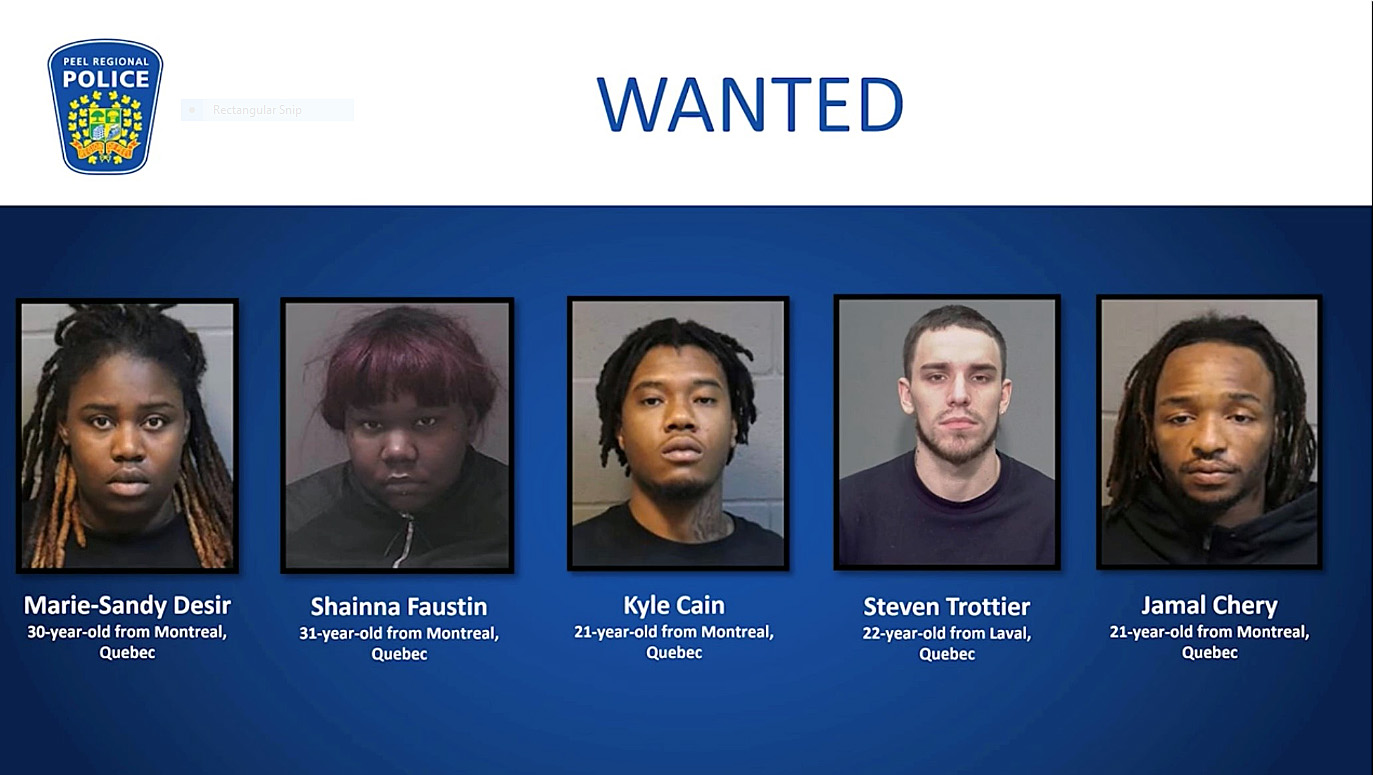Travel
Is Toronto traffic making us angrier? Behind the psychology of road rage | CBC News

Cars driving on sidewalks, mirrors demolished with karate kicks, fully grown adults rolling around a freeway like wrestlers.
These are just a few examples, caught on camera, of how some Toronto drivers choose to respond to the city’s notoriously bad congestion, which has been called a crisis and some of the worst in North America.
Anyone who has been behind the wheel of a car in Toronto knows it can be frustrating, but its impact on road rage is up for debate.
Toronto police and the Ontario Provincial Police (OPP) both don’t track road rage and it isn’t a crime under the Criminal Code or an offence under the Highway Traffic Act. But some road safety experts and a psychologist who spoke to CBC Toronto believe road rage is increasing among the drivers who make up the city’s traffic.
“Research shows that congestion is a big issue,” said Laura Cavanagh, a professor of psychology and behavioural sciences at Seneca College.
“We tend to get more frustrated in situations where we’re not moving, where we feel like we can’t get to our destination, where there’s that feeling of a loss of control.”
Cavanagh defines road rage as when someone becomes verbally aggressive or physically violent as a result of an act of driving. She says road rage is of interest to psychologists because it’s a type of aggression that’s specific to a certain context.
Cavanagh says psychological research has consistently shown that when people feel anonymous, they feel less accountable for their actions — which she argues may be causing drivers to act more aggressively behind the wheel than in other scenarios.
How being in a car can make drivers more aggressive
“I think it’s analogous to the same way that people are more aggressive behind the keyboard,” she said. “Being in a car gives us a sense of anonymity and deindividuation. It’s a kind of psychological barrier between us and other people.”
Being in a car also creates a barrier that make it difficult for drivers to read each other’s intentions, which means a harmless beep can be perceived as an aggressive honk.
Another psychological factor that can be present in road range is something called attribution bias, Cavanagh says, where people attribute their own mistakes to situational factors.
“If I move into the lane too late, it’s because I didn’t know that sign was there, or I’m not familiar with these roads,” she said. “When someone else does it, we tend to attribute behaviour to internal factors. So, they did it because they’re a jerk. They did it because they think they’re better than everybody else.”
Drivers, instructor also noticing road rage uptick
Some people on the city’s roads think traffic is making drivers angrier.
Kamal Singh weaves through congested downtown on his bike making food deliveries. He says the city is filled with rude drivers who honk about everything. When it comes to traffic in the city, from his point of view, it’s “increasing day by day.”
Driver Amy Li also thinks people behind the wheel are getting angrier in the city.
“Especially on the highways, you see people cut you off so harshly. It’s kind of dangerous,” she said.
For some new drivers in Toronto, the hostile environment can be their introduction to what it’s like on the city’s streets, according to driving instructor Cory Froklage. The instructor with the driving school Kruzee says he’s generally noticed that as traffic worsens there’s an increase in aggression and a decrease in patience from other drivers.
“The first time being on the road and then having somebody cut you off … it might have you second guess if you’re actually cut out to drive,” he said.
Froklage says he teaches his students to be predictable on the road. He’s noticing that as drivers sit frustrated in traffic, that’s happening less.
“They start throwing out the rule book. So there’s no signals, there’s a lack of communication,” he said.
In Toronto, increased congestion downtown has largely been attributed to construction. A stretch of the overflowing Gardiner Expressway has seen construction-induced lane restrictions and Queen Street has been fully closed near city hall for transit improvements. While that’s causing frustration, experts say improving transit is key to getting people out of the cars that are causing Toronto’s traffic.
CBC’s Angelina King and Nicole Brockbank went for a drive to see how bad traffic is in Toronto’s core and looked into what’s being done to try and make it more bearable.
To help deal with downtown traffic, the city beefed up its traffic agent program in the spring. Standing in intersections across the core, traffic agents in bright yellow vests wave cars and pedestrians through the streets.
Yusuf Manjra, an agent supervisor, says 90 per cent of drivers are following the rules.
“We do expect that there will be the 10 per cent, who are exhausted being in traffic, frustrated being in traffic,” he said.
For anyone feeling that frustration, Manjra wants to remind people that there are other road users, including cyclists and pedestrians, whose safety could be at risk due to their behaviours. He also wants drivers to remember that traffic agents are simply there to get everyone home faster.
“At least, in this chaotic city, there’s some organization involved,” he said.










